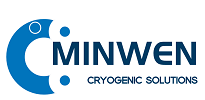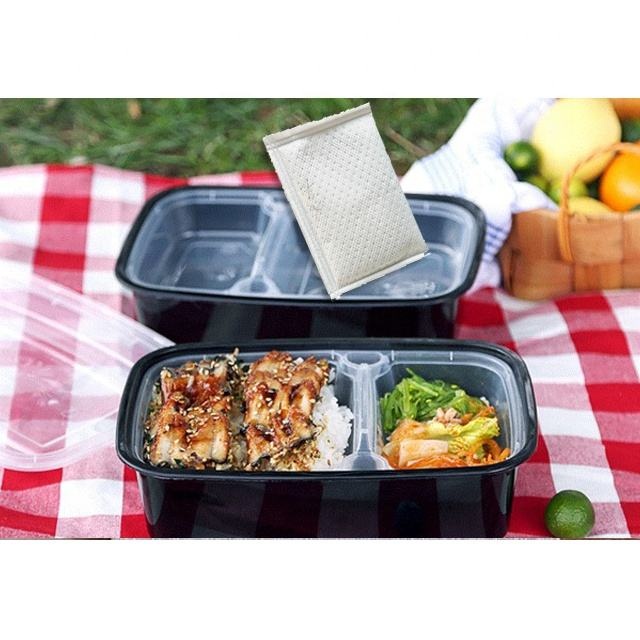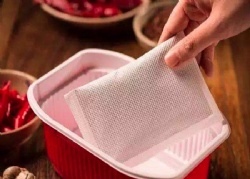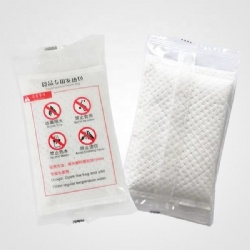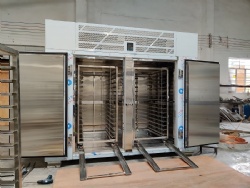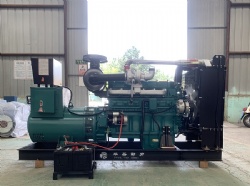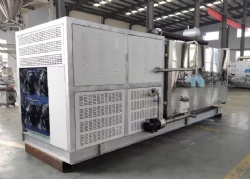Flameless Ration Heater Self-heating Food Warmer Pads
Flameless Ration Heater Self-heating Food Warmer Pads
In some outdoor activities, people often need to cook food and water, and due to the lack of electricity source, using an open fire is the only way, but which may lead to some safety issues. Now, a flameless ration heater can help you solve this problem. In some places where open flames are prohibited, such as mountain forests, you can safely use our heating packs to heat your food or water.
Flameless heating technology is based on the principle of hydration reaction exothermic. We use the heat energy (steam) generated by the hydration reaction of calcium oxide to heat food, which does not require electricity power or an open flame, which is a very safe and convenient heating energy. Generally, the hydration reaction of calcium oxide is very fast and violent, and is not suitable for heating food. Therefore. We add other raw materials to mix with calcium oxide, so that the process of hydration reaction becomes relatively slow and smooth, which is more suitable for food heating.
Composition of the self-heating warmer pads
The main components of the heating package are: aluminum powder, calcium oxide, calcium carbonate, sodium carbonate, calcium hydroxide, etc. In order to improve the efficiency of the hydration reaction, we grind these raw materials into extremely fine particles (200~400 mesh).
After these raw materials are thoroughly mixed in a reasonable proportion, they are encapsulated with a non-woven fabric with good air permeability and water permeability, to ensure that the powder raw materials are not visible during the whole use process. The entire hydration reaction is carried out inside the non-woven packaging, and a large amount of steam generated by the water and reaction is transmitted to the food surface through the non-woven fabric.
The powder raw materials have strong hygroscopic properties, the heater needs to be well sealed and packaged to ensure that the heating performance of the heater will not be reduced or even failed due to moisture during transportation and storage.
